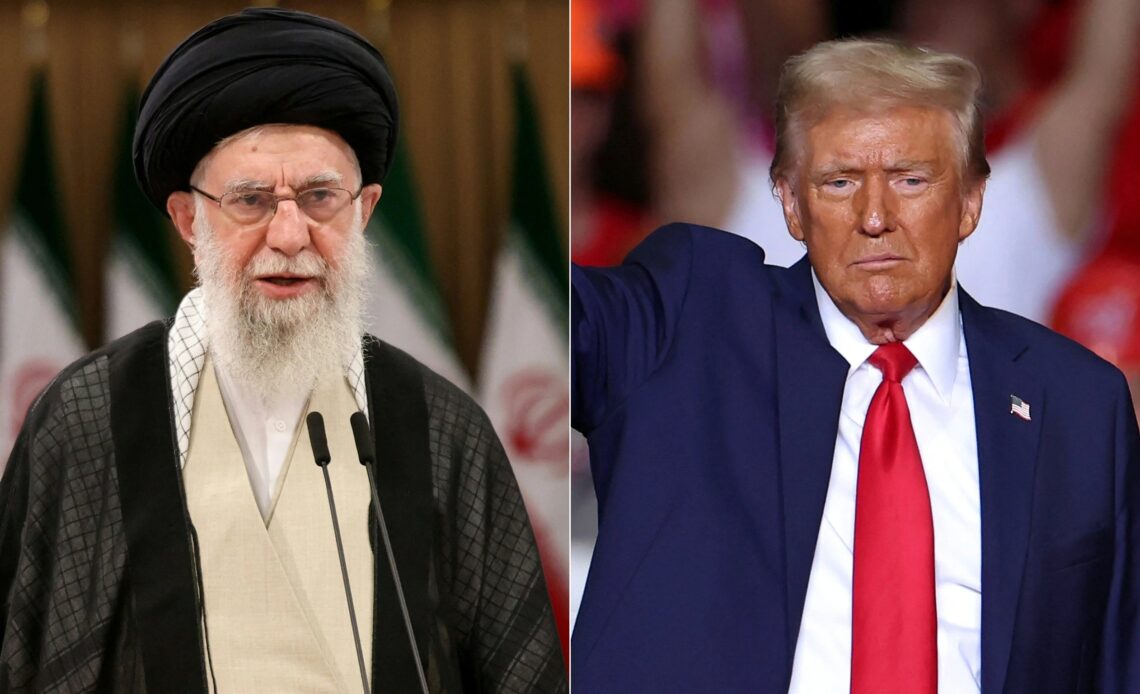
In a world grappling with rising geopolitical tensions and mounting nuclear anxieties, a recent statement from Iran has reignited cautious optimism among international observers. Iranian officials have publicly stated that a nuclear deal with the United States is still possible, hinting at renewed possibilities for diplomacy and de-escalation. This declaration comes after years of diplomatic deadlock, mutual distrust, and worsening regional conflicts. The global community now watches closely, wondering whether this surprising development could mark the beginning of a new era in US-Iran relations.
### Historical Context: The Rise and Fall of the JCPOA
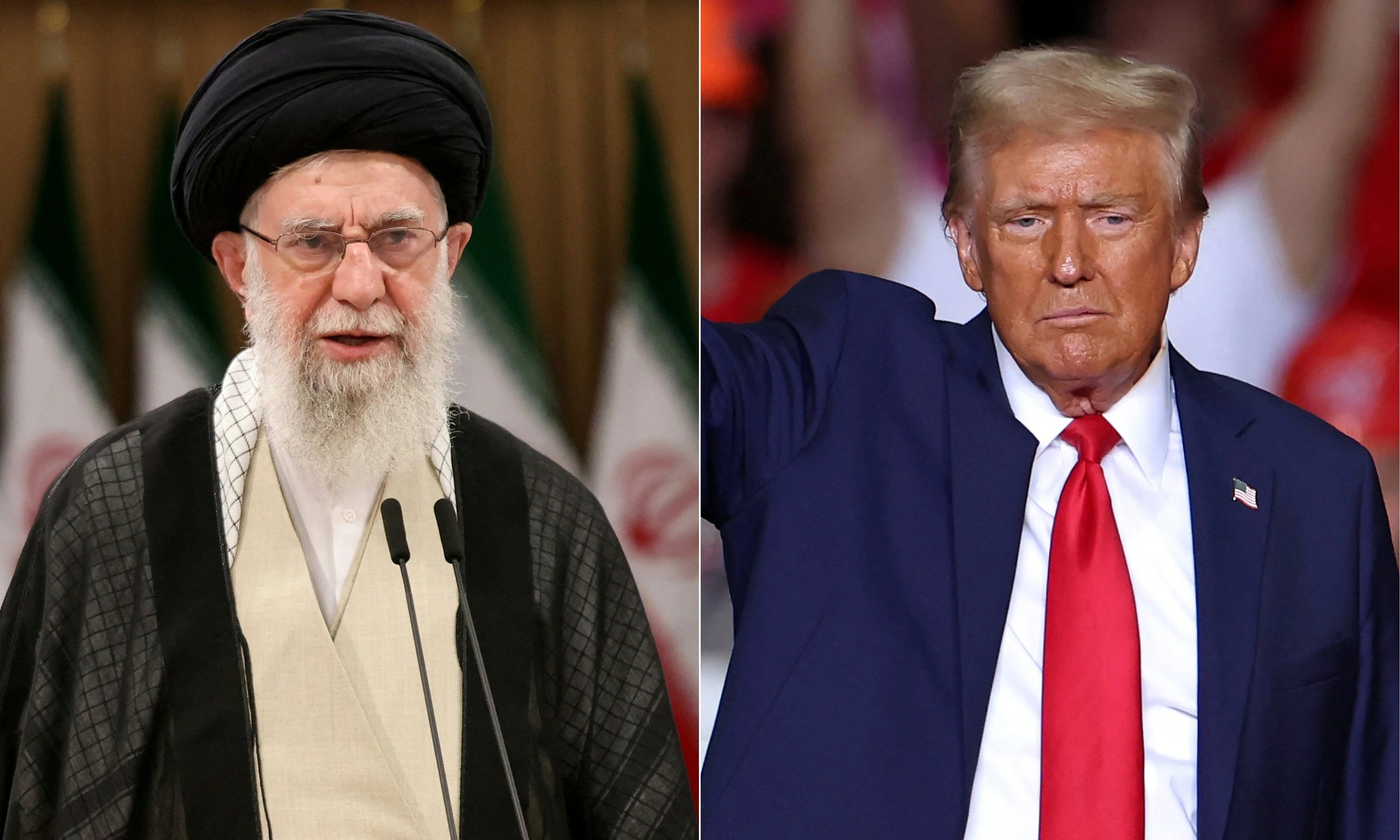
To understand the current developments, one must revisit the Joint Comprehensive Plan of Action (JCPOA), commonly known as the Iran nuclear deal. Signed in 2015 between Iran and the P5+1 countries (the US, UK, France, China, Russia, and Germany), the agreement aimed to curb Iran’s nuclear program in exchange for the lifting of international sanctions.
The JCPOA was hailed as a significant diplomatic victory. Under the deal, Iran agreed to reduce its stockpile of enriched uranium, limit its number of centrifuges, and allow thorough inspections by the International Atomic Energy Agency (IAEA). In return, billions of dollars in sanctions relief were granted, offering Iran an economic lifeline.
However, in 2018, under the Trump administration, the United States unilaterally withdrew from the JCPOA, branding it as “the worst deal ever negotiated.” This decision led to a dramatic unraveling of the agreement, with Iran gradually resuming nuclear activities in violation of the deal’s terms. Since then, relations between the two nations have deteriorated significantly, marked by confrontations, sanctions, and political hostility.
### A Shift in Tone: Iran Reopens the Door
Fast forward to 2025, and a notable shift in Iran’s rhetoric has taken center stage. Senior Iranian officials have made public remarks suggesting that a renewed nuclear agreement with the United States is “possible”, provided that the right conditions are met.
Iranian Foreign Ministry spokesperson Nasser Kanaani stated, _“The path of diplomacy remains open. If the United States shows seriousness and commitment, we believe that a return to a mutually acceptable agreement is achievable.”_
This unexpected openness has sparked a flurry of diplomatic analysis. Experts note that Iran’s economic situation, worsened by years of sanctions and internal mismanagement, might be pushing Tehran toward reconciliation. Additionally, shifting political dynamics in the region and the strategic interest of de-escalating tensions could also be influencing Iran’s calculations.
### US Response: Cautious Optimism or Strategic Delay?
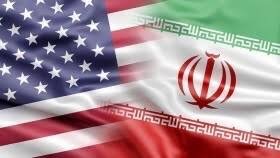
The Biden administration has not ruled out the possibility of re-engagement with Iran. While White House officials have remained measured in their response, sources close to the administration suggest that back-channel negotiations may already be underway.
A US State Department official commented anonymously, _“We welcome constructive dialogue. Any agreement, however, must ensure that Iran never acquires a nuclear weapon and that it abides by its international commitments.”_
This careful wording signals a willingness to negotiate but also reflects deep-seated skepticism. Washington demands strict verification mechanisms and long-term guarantees — lessons learned from the perceived shortcomings of the original JCPOA.
### Regional and Global Implications
The implications of a renewed nuclear deal go far beyond the borders of Iran and the United States. A successful agreement could have far-reaching effects across the Middle East and the international community.
#### 1. Stabilization of Oil Markets
Iran, sitting on one of the world’s largest reserves of crude oil, could re-enter global markets if sanctions are lifted. This would increase supply and potentially stabilize global oil prices, a welcome development amidst ongoing energy crises.
#### 2. Security of the Middle East
A nuclear agreement could also contribute to the de-escalation of conflicts in Syria, Iraq, Lebanon, and Yemen, where Iran has significant influence. Regional powers like Saudi Arabia and Israel, traditionally hostile to Iran, are cautiously observing the developments. A successful deal might encourage broader regional dialogue.
#### 3. Global Non-Proliferation Goals
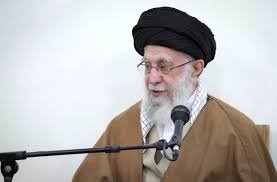
For the international community, preventing Iran from acquiring nuclear weapons is a key objective in non-proliferation policy. Reviving the JCPOA — or crafting a more comprehensive successor — would be a major win for global arms control efforts.
### Key Sticking Points: Why a Deal is Still Uncertain
Despite positive signals, numerous challenges stand in the way of a renewed agreement. Both sides have deep mistrust and diverging demands:
– Iran seeks guarantees that the US will not withdraw from the agreement again, especially under future administrations.
– The US insists on broader negotiations, including Iran’s ballistic missile program and its regional activities.
– Israel’s opposition to any deal with Iran remains a powerful factor in US politics.
Moreover, with presidential elections looming in the United States, any major diplomatic initiative involving Iran is bound to be politically sensitive.
### Domestic Pressures: Iran’s Internal Calculations
Internally, Iran is also facing significant pressures. The country’s economy is under severe strain, inflation is rampant, and public dissatisfaction is growing. Protests and unrest have challenged the legitimacy of the regime in recent years.
Analysts believe that economic relief via sanctions removal could help ease internal discontent. The Iranian leadership may see a deal as a necessary step for domestic stability — even if it means making concessions that were previously off the table.
However, hardliners within the Iranian political elite remain skeptical of engaging with the US, fearing a repeat of past betrayals. Therefore, any negotiations will require delicate political maneuvering within Iran itself.
### The Role of Third Parties: Europe and the UN
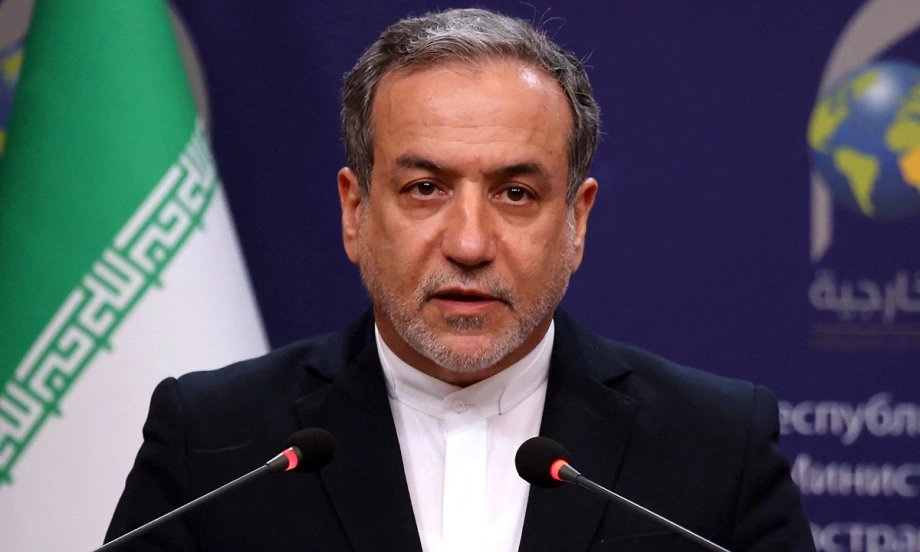
The European Union and the United Nations continue to play a critical role in facilitating dialogue. European powers, particularly France and Germany, have consistently advocated for diplomacy. The EU’s envoy has made multiple visits to Tehran and Washington in efforts to mediate.
The IAEA remains central to verifying Iran’s compliance with nuclear limitations. Its inspectors have faced restricted access in recent years, and one of the conditions for a new deal would be restoring full transparency and monitoring.
### Possible Framework for a New Deal
Rather than reviving the JCPOA in its original form, experts suggest a “JCPOA Plus” model — an expanded agreement that incorporates:
– Extended sunset clauses on Iran’s nuclear activities.
– More robust inspection and verification mechanisms.
– Provisions for addressing missile development and regional behavior.
– Legal guarantees or binding mechanisms to prevent unilateral withdrawal.
Such a framework would require intensive negotiations, but it offers a pathway to a more comprehensive and sustainable resolution.
### The Risks of Failure
If diplomacy fails again, the consequences could be dire. Iran has steadily increased its uranium enrichment and could move closer to weapons-grade material. This might trigger a military response from Israel or the United States, plunging the region into a deeper conflict.
Additionally, failure to reach an agreement would likely result in further isolation of Iran, the strengthening of hardline factions, and a dangerous erosion of global non-proliferation norms.
### Conclusion: A Delicate Window of Opportunity
The announcement from Iran that a nuclear deal with the US is still possible has rekindled global hopes for peace and stability. However, this window of opportunity is narrow and fragile. Both nations face internal political pressures, historical grievances, and complex security concerns.
Yet, the alternative — a path of confrontation, economic hardship, and nuclear brinkmanship — is far more perilous. The world has seen the consequences of failed diplomacy, and now, with a new chance at dialogue, the stakes could not be higher.
The coming months will reveal whether this moment marks the start of a historic turnaround — or another missed opportunity in the long, troubled saga of US-Iran relations.


